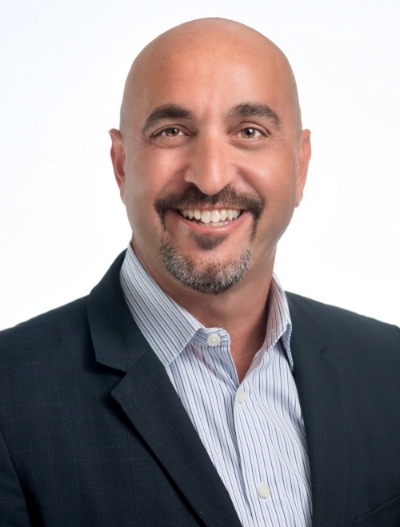Andy Unanue, Managing Partner, AUA Private Equity Partners

Tell us about AUA Private Equity and how impact investing is important to your goals.
Environmental, Social and Governance (ESG) initiatives are an essential element to our investment principles. When Steven Flyer, David Benyaminy and I founded AUA Private Equity Partners (AUA) we knew that implementing a thoughtful ESG strategy would not only be helpful in differentiating ourselves from other GPs but, when implemented properly with our strategy, we would actually be able to create excess alpha through these initiatives. AUA is an operationally-focused private equity firm that invests in Hispanic-oriented or family-owned companies in the consumer products and consumer services sectors. Our primary goal is to deliver outsized returns to our investors, and find that “responsible” investing allows us to deliver those returns and have a positive impact on our portfolio companies’ communities, consumers, and employees. At AUA we believe that by paying close attention to ESG factors and implementing ESG initiatives at our portfolio companies, we can create alpha for our investors and have a positive impact.
How do you create true economic value through implementing ESG without sacrificing financial returns?
There is a perception that implementing ESG initiatives sacrifices profits or growth. We believe the opposite is true. We use ESG as a tool to help identify business risks and opportunities, enhance returns, and create alpha. I grew up working in my family’s business, where my grandfather and father implemented ESG initiatives long before it became popular to do so. Goya has been a good example of how a company should treat its workforce and consumers, and I wanted to replicate this mindset through AUA and our companies.
Each of our portfolio companies implements ESG in a bespoke fashion, tailored to each company’s core objectives and characteristics. One common initiative in our portfolio companies is to invest in human capital. We believe that by increasing compensation to provide a livable wage, along with enhancing employee benefits, we can create more productive and healthier workforces, leading to: higher efficiency, lower turnover, fewer sick-days, and lower healthcare costs. Another initiative is to improve workplace safety, which decreases accident rates and subsequently lowers insurance costs, reduces equipment downtime which leads to higher productivity, and improves product and service quality. These initiatives not only benefit our employees but also the businesses and their bottom lines.
We also emphasize diversity at the Firm level and within our portfolio companies. Diversity increases productivity by bringing new ideas into a company, increasing employee morale, “activating” a larger share of the employee base, brings different points of views to all conversations and reduces the risk of groupthink. With that in mind, we have implemented a policy we call the “AUA Rule” which mandates that recruiters include a gender diverse (at least one female and one male) and one Hispanic or ethnic minority candidate for an interview during the hiring process. This initiative has a broader benefit as it also pushes recruiters to expand their talent pool.
By illustrating how we create alpha and positive impact through ESG, and communicating the results to our investors, we believe we can create a feedback loop that will drive more demand for, and attention to, these critical issues.
How do you see the future of ESG-oriented investing?
Within the institutional investor community, there is a growing awareness and understanding of the role that ESG factors play in defining corporate values, particularly in: environmental impact and energy efficiency, health and wellness, employee engagement, financial inclusion and longtermism. We believe this is an important and long-term shift that will have lasting positive impacts on our economy.
It is also no secret that Millennials are deeply concerned about social and environmental responsibility within the companies they work for and the brands they consume. As the influence and purchasing power of the Millennial generation increases, there will be more pressure on companies and brands to prioritize ESG programs, such as reducing carbon emissions and waste, corporate transparency, and active commitments to social responsibility. As this generation continues to mature, there will be an increasing demand for investment options that are socially and environmentally responsible to cater to their values and objectives.
What will you be discussing at The Economist’s Investing for Impact conference?
Alongside my fellow panelists, I will be discussing how to revive the American Dream as well as opportunities to implement ESG initiatives to boost the prospects of the American family. I believe the American Dream is still very much alive, and investors can help make it more accessible by allocating capital responsibly. At AUA, our focus on investing in Hispanic-oriented businesses provides support to the U.S. Hispanic community by investing in their businesses and providing further opportunities for their employees and families.